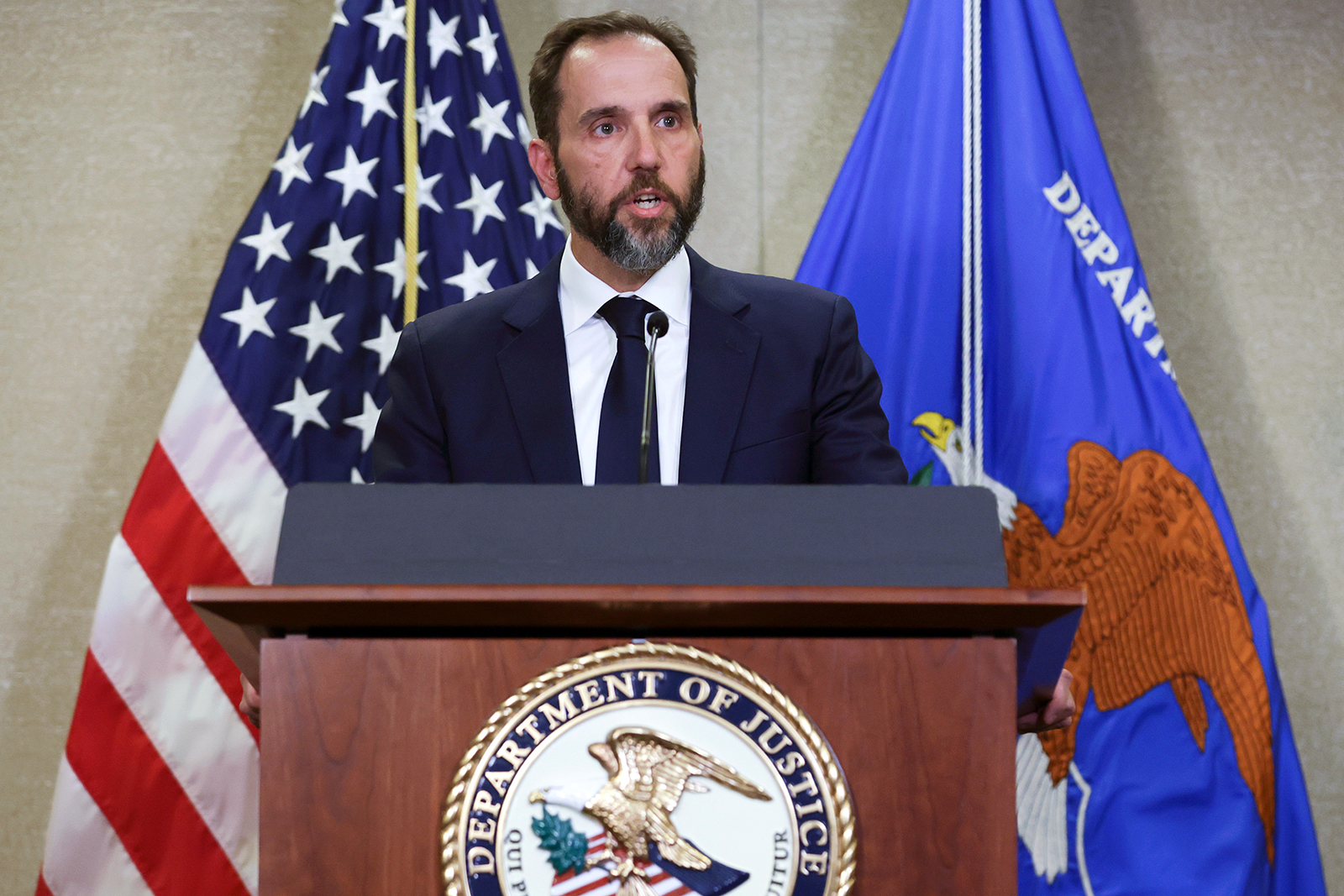
Two hearings are expected Monday related to former President Donald Trump’s alleged election interference — one in Fulton County District Attorney Fani Willis’ case and the other related to special counsel Jack Smith’s January 6 probe.
While both cases focus on the former president’s attempts to overturn the 2020 election results, here’s how they differ:
January 6 case
Smith’s team has accused Trump of attempting to overturn the 2020 election, including by using the violence on January 6, 2021, to call on lawmakers to “delay the certification” of results.
Trump is facing four federal charges, including conspiracy to defraud the United States and conspiracy to obstruct an official proceeding. He has pleaded not guilty.
If elected president and convicted in this case, Trump could potentially pardon himself.
Fulton County case
This case relates to Trump and his team’s alleged efforts to overturn the 2020 election result in Georgia. It focuses on the so-called fake elector scheme, as well as calls from the former president and his allies to elected officials to “find votes” and decertify the election.
Willis has charged Trump and 18 others — including his former personal lawyer and ex-New York City Mayor Rudy Giuliani and former White House chief of staff Mark Meadows — with 41 charges. The charges include violating the state’s anti-racketeering law, and the indictment claims the defendants worked as an “enterprise” to overturn the election result.
Trump has been arrested and released on bond, but he has not yet been arraigned in this case.
If Trump is convicted and also elected president in 2024, he would not be able to pardon himself or his allies in this case — or dismiss the Fulton County prosecutors bringing the charges — as it would be a state conviction.
Read the full guide to Trump’s legal cases here.
